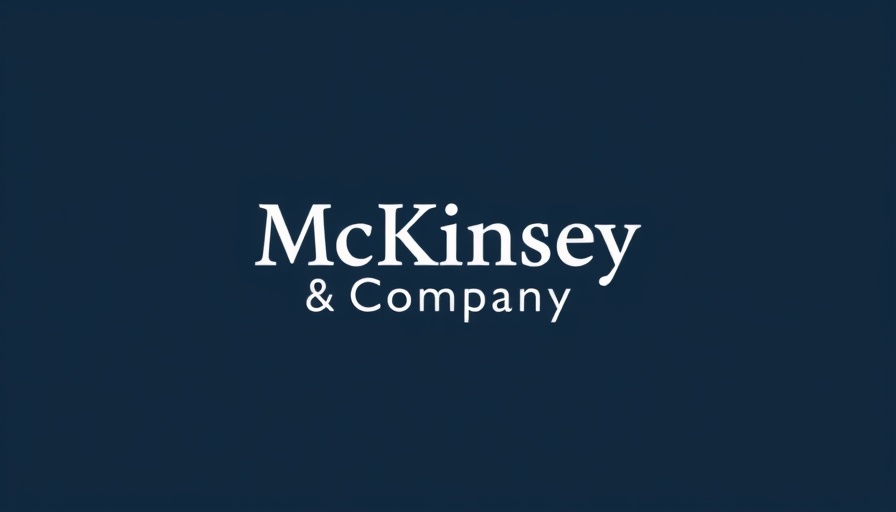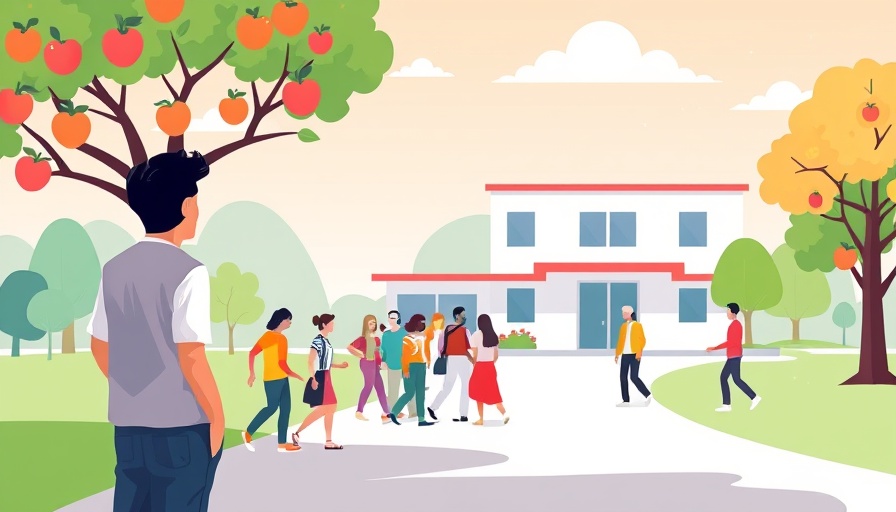
Embracing Collaboration for a Better Future
The annual meeting in Davos in 2025, themed “Collaboration for the Intelligent Age,” positioned itself as a pivotal gathering for over 3,000 global leaders, including policymakers, business executives, and representatives from civil society. During discussions, showcased were the crucial roles of collaboration, technology, and trust in addressing current global challenges and fostering a resilient economic environment for nations worldwide.
Powering Communities Through Partnerships
At the heart of the conversations was the conversation between Angela F. Williams, President and CEO of United Way Worldwide, and Shelley Stewart III, Senior Partner at McKinsey. The discussion emphasized the necessity of collaboration across public and private sectors to uplift communities. Williams illuminated the long-standing mission of United Way, highlighting the organization's 137-year history of improving access to essential services, which includes healthcare and educational support.
The Role of Technology and AI in Economic Inclusion
As the dialogue progressed, there was a strong focus on how technology, particularly artificial intelligence (AI), can serve as a tool for economic mobility. Leaders recognized that the advancements in AI could drive productivity, enhance job creation, and open new pathways for economic engagement, particularly for underserved communities. Microsoft’s recent insights pointed out that while AI holds promise, it also threatens job security, with estimations suggesting that 41% of employers may reduce their workforce by 2030 due to AI integration.
Building Trust in a Disaggregated World
In tandem with the push for technology deployment was the essential theme of trust. Jon Huntsman, President of Strategic Growth at Mastercard, emphasized the importance of developing trust as a foundational element in navigating today’s complex digital landscape. Participants discussed strategies for safeguarding consumer rights and enhancing security measures against a backdrop of increasing cybersecurity threats. The urgency is evident, as roughly 35% of small businesses report that their cyber resilience is inadequate, affecting their ability to adapt and thrive.
The Future: Predictions for Global Collaboration
The future outlook presented during the conference articulated a vision of increased collaboration across sectors—transcending traditional boundaries. As expressed by Klaus Schwab, Founder of the World Economic Forum, the collective capability and commitment of people can indeed reshape the Intelligent Age, paving the way for every individual to realize their potential. The association of proactive partnerships across varied domains is envisioned as a catalyst for transformative societal change, creating a more inclusive future.
Conclusion: Actionable Steps for Leaders
In an era where uncertainty looms, leaders are encouraged to prioritize fostering partnerships, embracing technological advancements responsibly, and cultivating a culture of trust within organizations. By doing so, executives can ensure that their strategies are not only reactive but proactive—empowering communities and guaranteeing sustainable economic growth. The conversation at Davos laid the groundwork for a future defined by collaboration, resilience, and empowerment, inviting leaders to step into their role as architects of change.
As we look forward, it’s paramount for businesses and governments alike to act on the discussions held and apply these insights in practical, tangible ways. Let us embrace this call to action and participate in shaping a collaborative and prosperous tomorrow for all.
 Add Row
Add Row  Add
Add 




Write A Comment